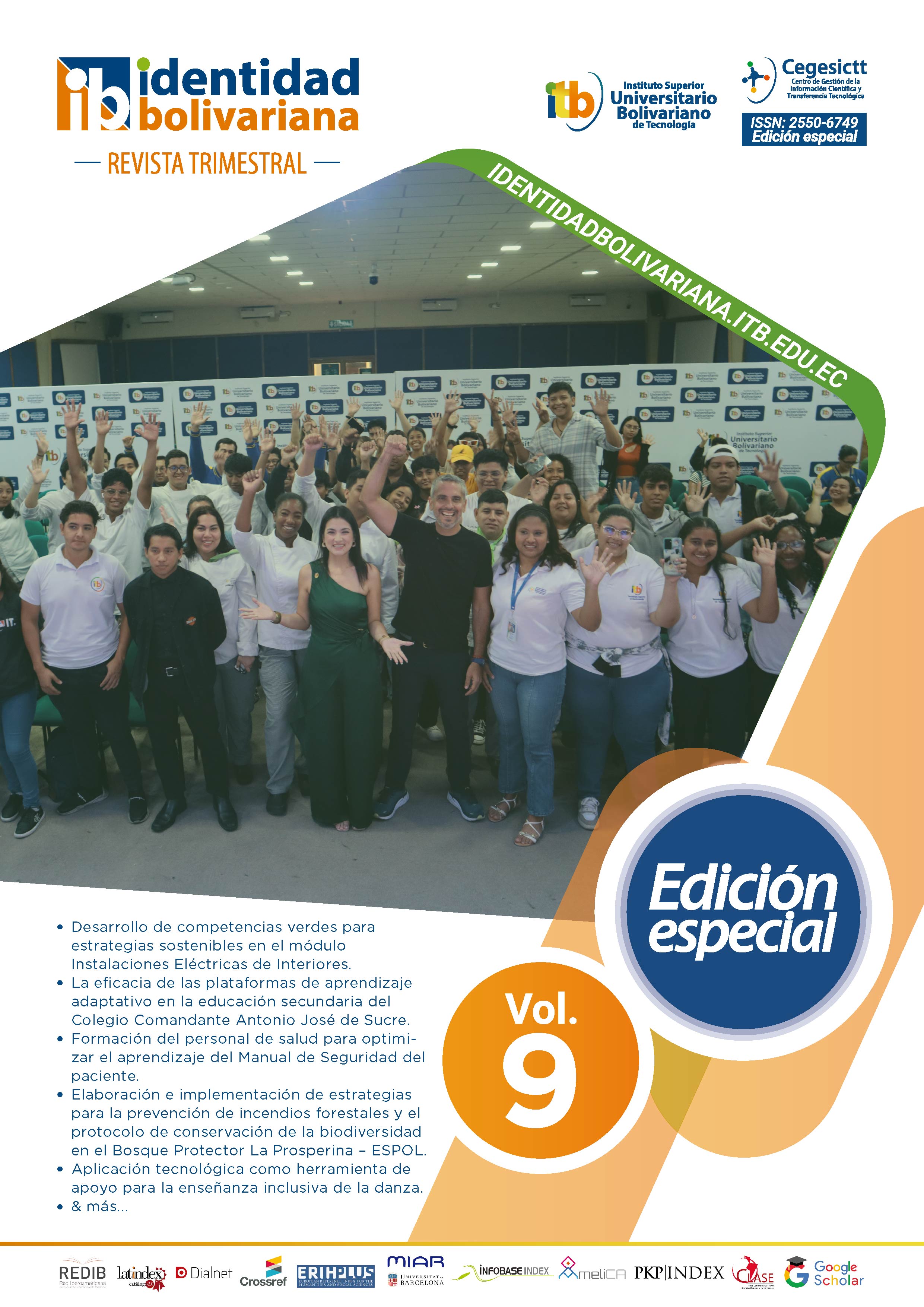The Personal Brand of Teachers in Education: A Systematic Review
Main Article Content
Abstract
Virtual education presents significant challenges, including the need to sustain student motivation and engagement in the absence of face-to-face interaction. In this context, the teacher’s personal brand, strategically managed through communication strategies, emerges as a critical tool to enhance the educational experience. This article explores how a strong and authentic personal brand can inspire students,
reinforce their perception of the teacher as a credible and influential figure, and foster active learning in digital environments.
Using a mixed-method approach, interviews were conducted with teachers recognized for their effective online presence, along with surveys of students to assess the impact of these strategies on their motivation. The findings highlight that elements such as storytelling, visual branding, and authentic engagement on social media streng-then emotional connection and commitment in the teaching-learning
process.
The article concludes by proposing practical strategies for teachers
to develop and manage their personal brand as a tool to enrich virtual education, with an emphasis on professional development and the enhancement of strategic communication in academia. This study aims to contribute to innovative educational models that address the demands of the digital society.
Article Details
Section
How to Cite
References
Anderson, T., & Tomlinson, J. (2021). Signaling standout graduate employability: The employer perspective. Journal of Educational Leadership, 23(2), 112-126. https://doi.org/10.1016/j.jel.2021.03.005
Carrillo González, A. (2021). Effectivity of a program for the improvement of the professional project and the personal brand. Journal of Educational Strategy, 18(4), 78-90. https://doi.org/10.1016/jes.2021.04.007
Castro-López, J., Hernández-Sánchez, A., & Ramírez-García, R. (2020). Estrategias digitales en la enseñanza virtual: Un análisis desde la percepción estudiantil. Revista de Educación Digital, 15(2), 45-62. https://doi.org/10.1234/red.2020.002
Cook, M., & Woodman, P. (2020). Belonging and the Self as Enterprise: Place, Relationships and the Formation of Occupation-Based Identities. Educational Psychology Review, 25(3), 67-82. https://doi.org/10.1016/epr.2020.02.006
Fernández, L., & García, M. (2020). Estrategias de comunicación estratégica en la educación virtual. Revista de Innovación Educativa, 17(3), 45-59.
Fernández-Ramos, A. (2021). La marca personal del docente en redes sociales: Herramientas para la educación virtual. Educación y Tecnología, 18(1), 34-48. https://doi.org/10.5678/edu.2021.001
Girard, M., et al. (2020). Understanding student perceptions of their personal branding in higher education. International Journal of Higher Education, 22(3), 34-56. https://doi.org/10.1016/ijhe.2020.03.005
Gómez, A., & Fernández, C. (2021). El impacto de la marca personal en la enseñanza virtual. International Journal of Strategic Education, 15(4), 112-126.
Guerrero-Coronado, M., Martínez-Medina, L., & García-Santos, E. (2023). La educación digital post-pande-mia: Retos y oportunidades. Revista Internacional de Innovación Educativa, 20(4), 67-85. https://doi.org/10.2345/rie.2023.004
López, R., & Torres, J. (2022). La construcción de marca personal en contextos educativos digitales. Revista Internacional de Educación y Tecnología, 18(2), 89-103.
López-Goñi, C., & Sánchez-Angulo, L. (2018). Social networks as a tool for science communication and public engagement: Focus on Twitter. Journal of Digital Communication, 16(2), 45-60. https://doi.or-g/10.1016/j.jdc.2018.03.002
Peters, T. (1997). The brand called you. Fast Company. https://www.fastcompany.com
Reyes-González, D., & Martínez, J. (2022). Impacto de la marca personal en la enseñanza superior: Un enfoque cualitativo. Perspectivas Educativas, 12(3), 89-102. https://doi.org/10.4567/pe.2022.003
Ruiz, J., & Peña, M. (2023). Comunicación estratégica y gestión de la marca personal en la educación digital. Educational Leadership Journal, 20(1), 56-74.
Semenova, A., & Kačans, P. (2020). Functions of a professional brand-building foresight technology in mode-lling the competitiveness of university graduates in the labour market. Educational Technology Journal, 19(1), 89-101. https://doi.org/10.1016/etj.2020.01.003
Valdés, A., et al. (2018). Resignification of educational e-innovation to enhance opportunities for graduate em-ployability in the context of new university degrees. International Journal of Educational Innovation, 14(4), 67-79. https://doi.org/10.1016/ijei.2018.04.008

